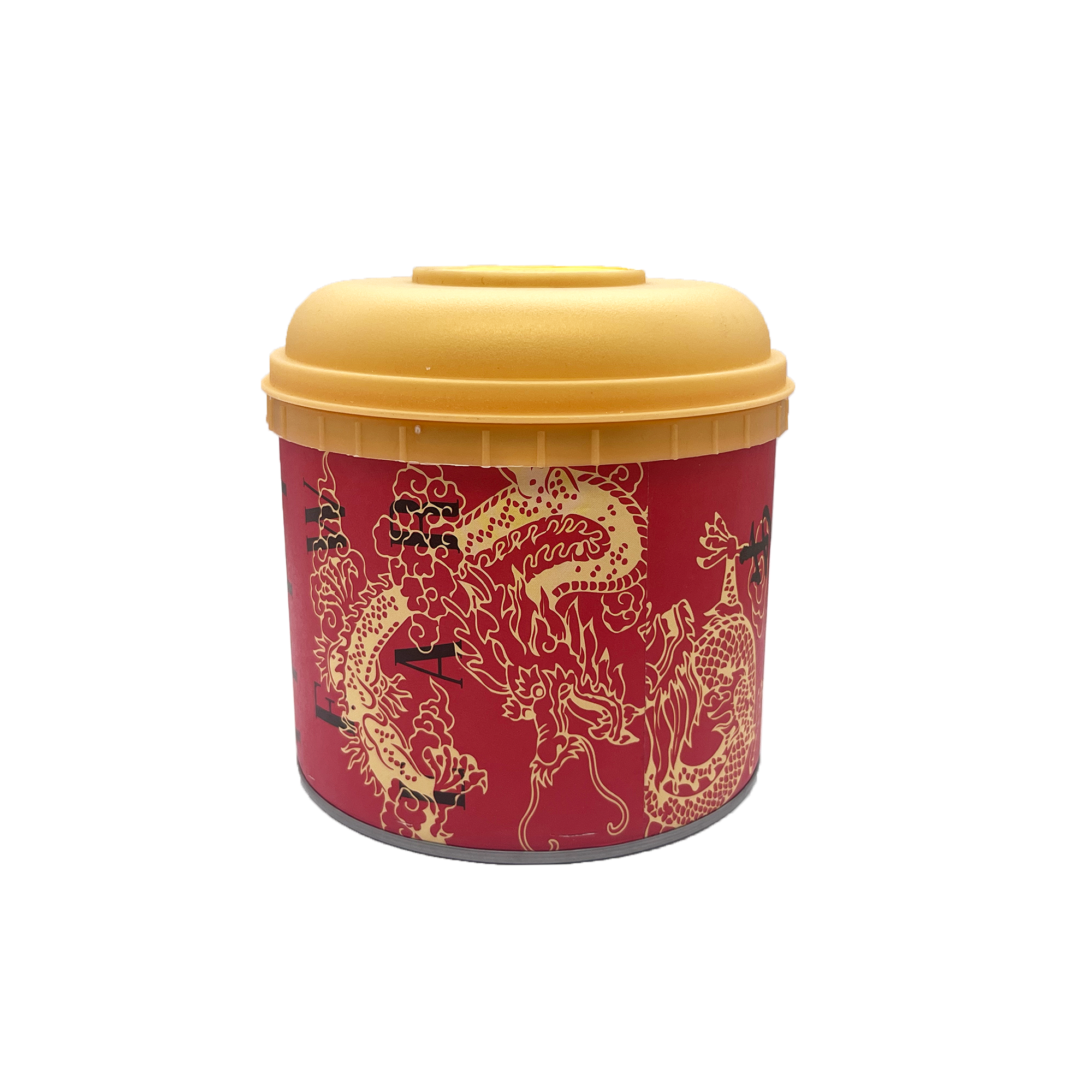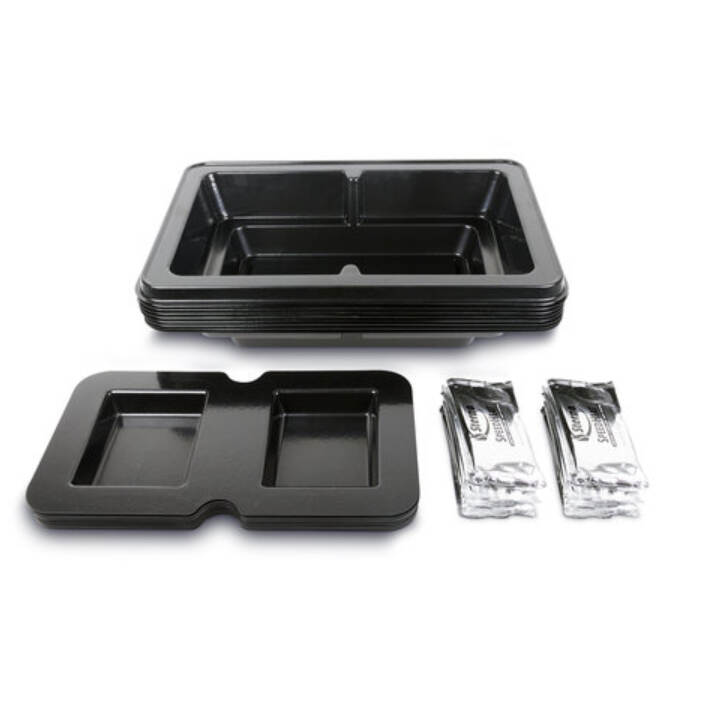

Email format error
Email cannot be empty
Email already exists
6-20 characters(letters plus numbers only)
The password is inconsistent
Email format error
Email cannot be empty
Email does not exist
6-20 characters(letters plus numbers only)
The password is inconsistent



Composite packaging solutions represent the convergence of advanced materials and innovative technologies, providing industries with tailored packaging options that meet specific needs for protection, preservation, and sustainability. This blog post will explore the multifaceted aspects of composite packaging, including its applications, market trends, technological developments, and the benefits it offers to various industries.
Composite packaging solutions are materials that combine two or more different substrates to create a packaging product with enhanced properties. These solutions often integrate the strengths of various materials—such as plastics, papers, aluminum foils, and biodegradable components—to achieve improved barrier properties, strength, and sustainability.
In the food and beverage industry, composite packaging plays a crucial role in extending shelf life and maintaining product quality. Multilayer and composite films can control the release of active ingredients, such as antimicrobials and antioxidants, to improve food safety and nutritional value. For instance, PVA-based composite films, combined with functional materials like essential oils and nano particles, have shown promise in enhancing the shelf life of packaged food.
Composite packaging is also vital in industrial and consumer goods packaging, where it provides strength, durability, and protection against environmental factors. It is used in the packaging of chemicals, cosmetics, and personal care products, where barrier properties are crucial to prevent product degradation.
In healthcare, composite packaging ensures the safety and efficacy of pharmaceutical products by providing moisture and light protection, which is essential for maintaining the stability of drugs.

The global composite packaging market is expected to grow at a CAGR of 5.5% from 2021 to 2028, reaching a value of $11.2 billion by 2028. This growth is driven by the increasing demand for sustainable packaging solutions, as consumers and industries alike seek to reduce environmental impact.
Technological advancements are leading to the development of new composite materials with improved properties. For example, research is being conducted on high-strength, renewable cellulose-based packaging materials that can replace traditional polypropylene packaging tapes. These materials not only offer similar performance characteristics but also enhance sustainability.
North America currently dominates the composite packaging market due to the presence of key players and improvements in retail and e-commerce sectors. The Asia-Pacific region is expected to witness significant growth due to economic development and changing lifestyles.
Composite packaging is evolving beyond passive containment with the integration of active and intelligent features. Active packaging interacts with the product or environment to extend shelf life, while intelligent packaging provides information about the product's condition or history.
Research is focusing on developing biodegradable composites that can replace petroleum-based materials, addressing environmental concerns while maintaining or improving the performance of packaging.
Composite packaging offers a range of benefits, including better barrier properties, mechanical strength, and protection against environmental factors, which can extend the shelf life of packaged goods.
The ability to customize composite packaging to specific industry needs allows for tailored solutions that meet the unique requirements of different products and applications.
By incorporating renewable and biodegradable materials, composite packaging solutions contribute to the circular economy and help reduce the environmental footprint of packaging waste.
Composite packaging offers several advantages for fragile or sensitive products:
1. Protection:
Composite packaging provides a high level of protection for fragile or sensitive products, reducing the risk of damage during transportation and handling. The combination of different materials in composite packaging can offer enhanced shock absorption and cushioning to safeguard the product.
2. Durability:
Composite packaging is typically more durable and robust than single-material packaging, making it suitable for protecting fragile items from impacts, vibrations, and other external factors that could cause damage.
3. Customization:
Composite packaging can be tailored to the specific requirements of the product, allowing for the incorporation of features such as foam inserts, dividers, and padding to provide a secure and snug fit for the item.
4. Lightweight:
Despite its strength and durability, composite packaging is often lightweight, which can help reduce shipping costs and make handling easier for logistics personnel.
5. Eco-friendly:
Many composite packaging materials are recyclable or biodegradable, making them a more sustainable option compared to traditional packaging materials. This can help reduce the environmental impact of packaging waste.
6. Branding opportunities:
Composite packaging can be customized with branding, logos, and other design elements to enhance the product's presentation and create a memorable unboxing experience for customers.
Composite packaging solutions represent the forefront of packaging technology, offering a combination of performance, protection, and sustainability. As the market continues to grow and technology advances, composite packaging is set to play an increasingly important role in meeting the diverse needs of various industries. With a focus on innovation and sustainability, the future of composite packaging solutions is poised to revolutionize the way we package and protect the world's goods.